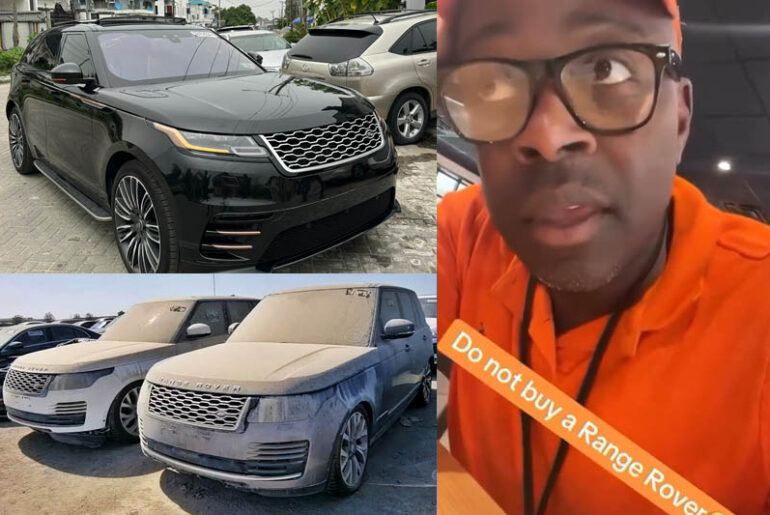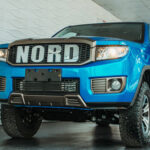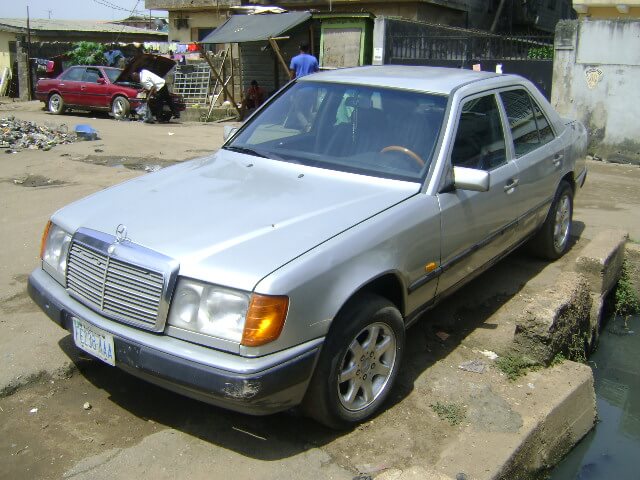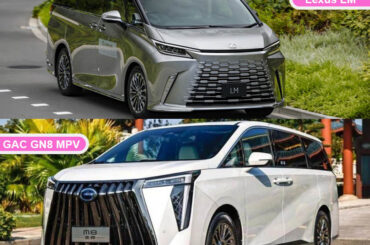A recent post trending on X.com has sparked widespread debate about the practicality of owning a Range Rover in Nigeria. The comment, made by a former Range Rover owner, strongly cautioned others against making the same decision he once did.
Table of Contents
In his words:
“Don’t buy a Range Rover. I repeat—don’t do it, even if it’s being given to you for free. These cars are so expensive to maintain that you’ll likely spend more on repairs than the actual cost of the vehicle. And worst of all, many of the problems you’ll face, our local mechanics can’t even fix.”
He went on to share his personal experience:
“I had one for just 30 days. When I found out what it would take to fix the air suspension system, I didn’t waste time—I sold it immediately. Yes, I took a loss, but it was better than continuing to sink money into a car that gave me constant stress. Take it from someone who’s been through it—not every luxury car is worth the trouble.”
His warning isn’t isolated. Many Nigerian Range Rover owners echo similar frustrations, particularly about the high cost of maintenance, the difficulty of finding genuine parts, and the limited technical expertise locally available to handle complex repairs.
While he didn’t specify which Range Rover model he was referring to, these complaints are not uncommon, particularly with older or high-mileage models like the Range Rover Sport (2006–2013) or Range Rover Vogue (L322), both of which are known for expensive air suspension faults and complex electronics.
However, not all Range Rovers have the same track record. Some models, especially more recent ones, have been noted for improved reliability when properly maintained. Examples include:
- Range Rover Evoque (2018 and newer) – more compact, more affordable to maintain, and relatively simpler than larger models.
- Range Rover Velar – praised for its balance of luxury and performance with fewer common issues reported in newer units.
- Range Rover L405 (2018–2021) – newer models of the full-size Range Rover with updated technology and more durable components.
Still, even the more reliable variants require a robust maintenance plan and access to experienced technicians—factors that can be challenging in many parts of Nigeria. As such, prospective buyers should proceed with caution, do their homework, and factor in long-term upkeep costs before committing to ownership.
High Maintenance Costs
Range Rovers are luxury vehicles equipped with advanced technology and a range of features. While these features offer comfort and performance, they also contribute to higher maintenance costs. Routine services, such as oil changes, brake replacements, and suspension repairs, can be significantly more expensive compared to other vehicles. Additionally, specialised diagnostics and repairs often require expertise and equipment that may not be readily available in all service centres.
Limited Availability of Spare Parts
One of the major challenges faced by Range Rover owners in Nigeria is the scarcity of genuine spare parts. While markets like Ladipo in Lagos offer a variety of vehicle parts, sourcing authentic Range Rover components can be difficult and costly. This scarcity not only leads to increased prices but also results in longer wait times for repairs, as parts may need to be imported or sourced from limited suppliers.
Shortage of Specialised Mechanics
The complexity of Range Rover vehicles necessitates specialised knowledge for proper maintenance and repairs. However, in Nigeria, there is a limited number of mechanics with the requisite training and experience to handle such sophisticated systems. This shortage often leads to subpar repairs, recurring issues, and, in some cases, further damage to the vehicle.
Fuel Consumption and Operational Costs
Range Rovers are known for their powerful engines, which, while delivering impressive performance, also consume a significant amount of fuel. In a country where fuel prices can be volatile, the cost of operating such a vehicle becomes a considerable expense. This high fuel consumption, combined with the vehicle’s maintenance costs, makes it a less economical choice for many Nigerians.
Security Concerns
The luxury status of Range Rovers makes them attractive targets for theft and other security threats. Owners may find themselves at increased risk, especially in areas with higher crime rates. This added security concern further complicates the ownership experience, requiring additional investments in security measures and insurance.
Conclusion
While the allure of owning a Range Rover is undeniable, potential buyers in Nigeria must weigh the benefits against the challenges. High maintenance costs, limited availability of genuine parts, scarcity of specialised mechanics, substantial fuel consumption, and security concerns collectively contribute to a demanding ownership experience. Prospective owners should conduct thorough research and consider these factors carefully before making a purchase decision.
Have 1 million naira and above to Buy or Sell Cars In Nigeria? Check carlots.ng
All rights reserved. Reproduction, publication, broadcasting, rewriting, or redistribution of this material and other digital content on carmart.ng is strictly prohibited without prior express written permission from Carmart Nigeria - Contact: [email protected]







